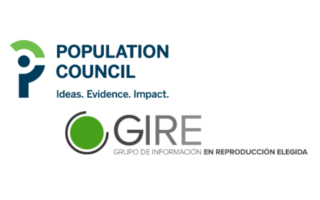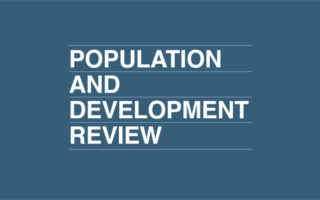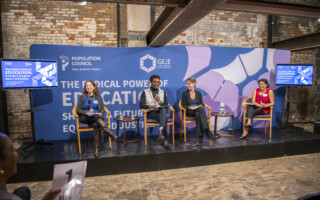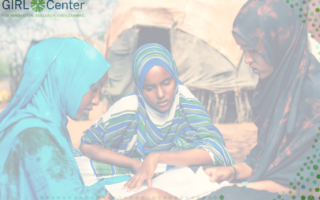InsightsJon Bowman2024-03-29T16:53:34+00:00



Insights

FEATURED |
News and ViewsThe Girl Agenda Cannot Wait! Collaboration and Multi-Dimensional Investments Needed for Adolescent Girls’ Empowerment
Reflections from events at the 68th Commission on the Status of Women (CSW68) in New York.

FEATURED |
News and ViewsA Turning Point in Mexican Law: Insights into the Supreme Court Orders to Decriminalize Abortion at the Federal Level
Although the Supreme Court’s decision to decriminalize abortion is a major step toward comprehensive sexual and reproductive health care, legal and non-legal barriers still exist that restrict abortion access for women and people with the capacity for pregnancy in Mexico.

FEATURED |
News and ViewsSupporting Women in their Public Health Careers
A Q&A with Population Council's WomenLift Health Leadership Journey Participants.








